The Center for Public Research and Leadership (CPRL) at Columbia University recently released Curriculum-Based Professional Learning: The State of the Field, a report describing the current state of curriculum-based professional learning (CBPL). As part of the study, CPRL interviewed Rivet’s team, education leaders, professional learning providers, curriculum developers, funders, and other organizations, studied data from the Professional Learning Partner Guide, and reviewed the literature on high-quality instructional materials (HQIM) and CBPL to answer the following questions:
- Within the broader field of professional learning, how is CBPL defined, and what are its observable characteristics?
- Where is the CBPL field most developed, and what actions, conditions, and resources have supported its development?
- Where is the CBPL field least developed, and for what reasons?
- To what extent does the CBPL field exhibit the key features and supports described in “The Elements” framework?
The study employed the Bridgespan Group’s field-building framework to assess whether the field of CBPL is (1) emerging, where impact is inconsistent; (2) forming, where impact is more coordinated and consistent; or (3) evolving and sustaining, where impact accelerates exponentially even as needs and conditions change. The research found that overall, the field of CBPL is emerging.
“While its impact is not yet consistently felt across the education ecosystem, its infrastructure and field-level agenda are fairly well-developed. Its actors, knowledge base, and resources are still in more nascent stages and require focused attention for the field to reach its potential for impact.” 1
In this blog, we summarize CPRL’s recommendations for state education agencies (SEAs) and professional learning organizations, two of the key actors identified in the report, and Rivet’s primary partners. The recommendations below identify ways in which these stakeholders can collectively advance the field of CBPL to ensure that school leaders and teachers get the professional learning they want and deserve.
Recommendations to build the field of curriculum-based professional learning
| Recommendation | State Education Agencies | Professional Learning Providers |
|---|---|---|
| Prioritize Quality | Elevate effective practices and measurement of CBPL Share feedback with CBPL providers to improve their services Participate in broader research efforts | Make use of quality CBPL measurement tools and use data to drive high-quality delivery of PL services Share effective CBPL practices with the field |
| Use Consistent Language | Adopt an official definition of CBPL Use consistent CBPL terminology | Work with other organizations and actors to create and use consistent terminology for CBPL |
| Prioritize School Leadership | Ensure school leaders have opportunities to participate in CBPL Recognize and communicate the value of the CBPL to leaders Create supportive conditions, systems, and structures at the school level to facilitate CBPL | Same recommendations as education leaders Evaluate services to tailor them to the specific needs of school leaders |
| Include teachers, students, and families | Gather feedback from teachers, students, and families about how well HQIM are serving their school communities and use the information to guide strategic thinking and design of CBPL Provide families and community members with opportunities to learn about curriculum | Build and/or utilize models for gathering feedback about how HQIM are serving teachers, students, and families and tailor services to ensure teachers are equipped to address the needs voiced. Focus on programmatic models designed to bolster teachers’ capacities to deliver CBPL in their communities |
| Engage peripheral organizations | Work with CBPL providers to provide training to peripheral organizations like regional support centers and ed prep programs | Provide facilitator training that equips external parties to lead CBPL focused on HQIM |
| Commit to the long game | Establish resources, funding, and guidance to support the ongoing implementation of HQIM through CBPL rather than focusing solely on adoption | Tailor services to equip school and school system leaders to create the systems and structures that support the long-term implementation of HQIM and CBPL |
| Leverage economies of scale | Create networks of districts using the same or similar curricula to share resources and knowledge and to encourage collaboration. Support regional support centers in providing CBPL | Equip school and school system leaders with the resources to internally sustain CBPL Expand asynchronous service offerings and virtual professional learning networks and facilitate connections across school systems |
Rivet offers a variety of tools and services to help SEAs and professional learning partners enact these recommendations.
SEAs
- Use the Professional Learning Partner Guide to find or help your districts find professional learning organizations that are equipped to provide CBPL.
- Use Rivet’s Framework for High-Quality, Curriculum-Based Professional Learning as a roadmap for developing effective CBPL plans and services.
Professional learning providers
- Apply to be featured in the Professional Learning Guide.
- Review Rivet’s Scoring and Evidence Guide for details on what constitutes high-quality adoption, launch, ongoing support for teachers, and systems design and leadership support services.
- Use Rivet’s Framework for High-Quality, Curriculum-Based Professional Learning as a roadmap for developing effective CBPL plans and services.
We also encourage SEAs and professional learning providers to attend Rivet’s Professional Learning Power Hour at 10:00 a.m. CDT on October 20, where we will be joined by the authors of Curriculum-Based Professional Learning: The State of the Field report: Elizabeth Chu, Molly Greer Gurny, and Grace McCarty. This will be a great opportunity to ask the team at CPRL questions about their findings and the recommendations listed above.
SEA leaders looking for additional support in creating and executing a strategy to provide leaders and teachers with CPBL can contact us at info@riveteducation.org to schedule a call to discuss how Rivet can support you in the development of this strategy.





